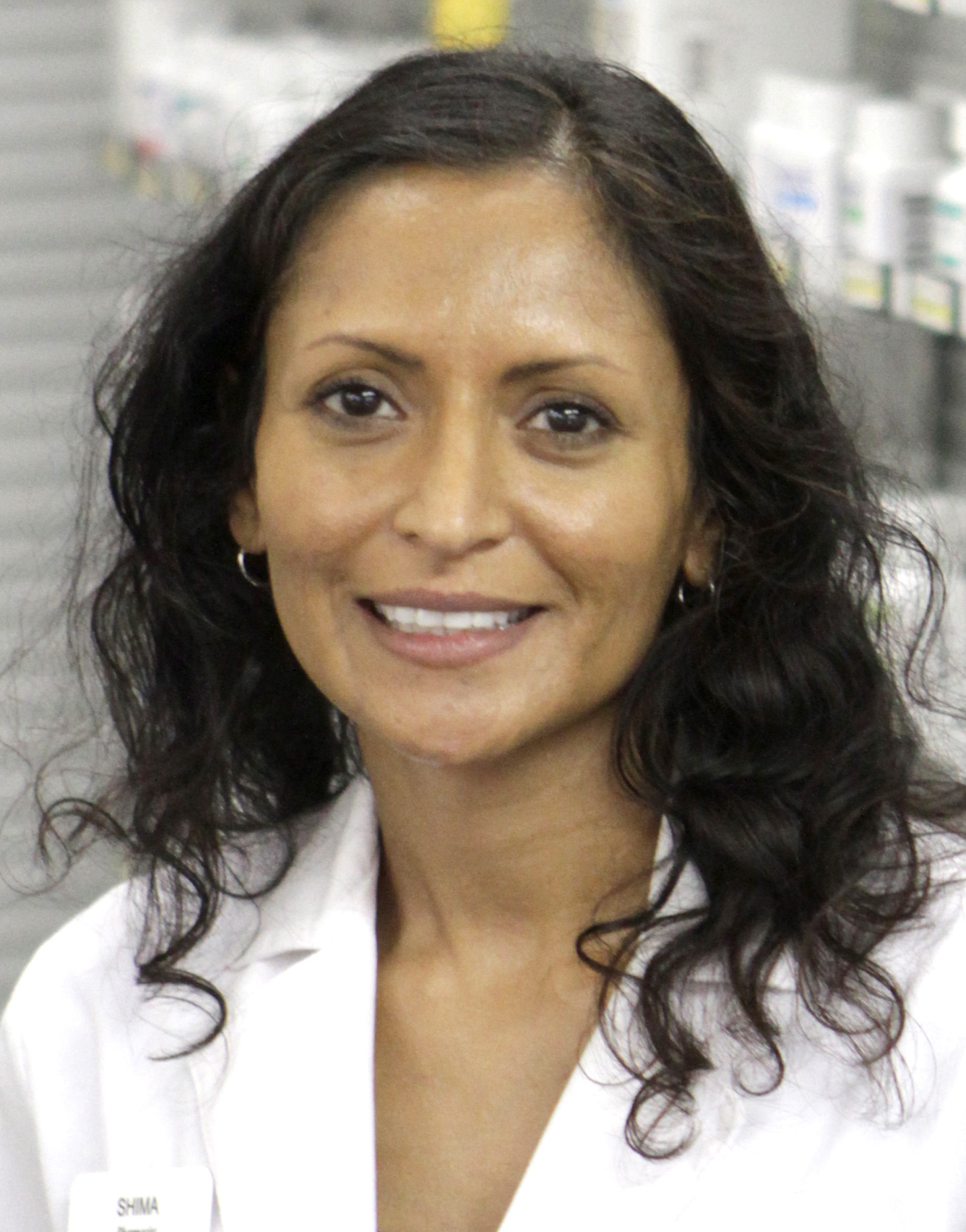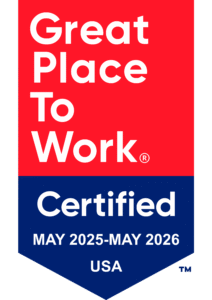Proper Medication Disposal Saves Lives
APRIL: Are You Low in Vitamin D?

Are you feeling tired, having mood changes, getting sick often? Do you experience muscle weakness or pain, joint pain, allergies, asthma, brain fog, elevated blood sugar, high blood pressure, or have weak bones? If that’s the case, you may not be getting enough Vitamin D. A study in Nutrition Research Journal in 2011 found that 41.6% of US adults are not getting a sufficient amount. With Vitamin D you need the right amount to keep your body functioning well and your doctor can run blood tests to figure out the perfect balance. It is important to keep Vitamin D balanced because too much can cause headaches, nausea, vomiting, constipation, poor appetite, weight loss, weakness, frequent urination, painful muscles, excessive calcium in the blood, kidney damage, kidney stones, and high blood pressure.

You may be asking why Vitamin D is important for the body. It has many important benefits such as maintaining healthy bones by aiding with the absorption of calcium, helping regenerate genes and cell growth, preventing osteoporosis and rickets (softening and weakening of the bones in children), and helps the immune system. The main way we get Vitamin D is through sun exposure, food, and nutritional supplements.
To get a sufficient amount of Vitamin D we need sun exposure for at least 15 – 20 minutes three days a week.
Food that are naturally high in Vitamin D include salmon, tuna, mackerel, beef liver, cheese, mushrooms, and egg yolk.
Foods that have Vitamin D added include milk, breakfast cereals or grain products, yogurt, and orange juice.
Many people do not know that they have a Vitamin D deficiency because the symptoms are very non-specific. If you think you may be deficient, talk to your doctor and they can run blood work to check your levels.
Sources: Medical News Today, Medline Plus, Mayo Clinic, and Healthline
 About Shima: Shima graduated from the University of Arkansas with a BS in Microbiology in 1997 and worked at the University of Arkansas for Medical Sciences with the Infectious Disease Department on clinical trials for over 4 years. She then pursued a career change and graduated with her Doctorate degree from St. Louis College of Pharmacy in 2007. During her years enrolled in pharmacy school she worked part-time at St. Louis University, where she helped design a laboratory protocol for the BCG Vaccine Study, which received full funding in 2011.
About Shima: Shima graduated from the University of Arkansas with a BS in Microbiology in 1997 and worked at the University of Arkansas for Medical Sciences with the Infectious Disease Department on clinical trials for over 4 years. She then pursued a career change and graduated with her Doctorate degree from St. Louis College of Pharmacy in 2007. During her years enrolled in pharmacy school she worked part-time at St. Louis University, where she helped design a laboratory protocol for the BCG Vaccine Study, which received full funding in 2011.
Shima joined Sinks and Medley Pharmacy in September of 2014 as a pharmacist. She continually strives to focus on improving outcomes and raising the quality of life for patients with all types of medical ailments and conditions.
- « Previous Page
- 1
- …
- 26
- 27
- 28
- 29
- 30
- …
- 62
- Next Page »
